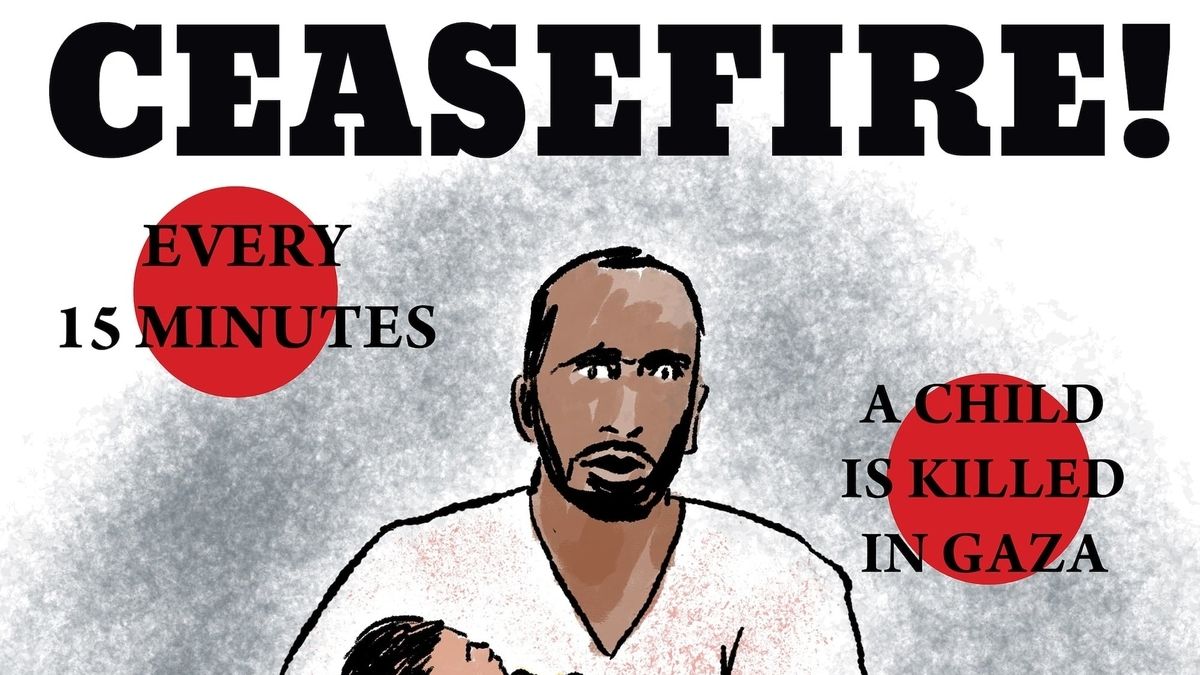


In the midst of the ongoing conflict between Israel and Hamas, the education rights of Palestinian children have become a pressing concern. NZEI Te Riu Roa, New Zealand's largest education union, has expressed solidarity with Palestinian children and emphasized their right to education and peace [40d6aeee]. The union denounces the violence that has led to the death of over 12,000 children since the conflict began in October 2023. They call for a permanent ceasefire and humanitarian intervention to protect the lives of innocent children. Mark Potter, president of NZEI Te Riu Roa, highlights the destruction of life and educational infrastructure in Gaza and calls for continued funding from the New Zealand Government for the UN Relief and Works Agency (UNRWA) [40d6aeee]. The ongoing conflict has disrupted the education of over 625,000 students and threatens the future of Palestinian children's right to education. NZEI Te Riu Roa's advocacy for funding UNRWA aims to ensure education remains accessible during the turmoil. The international community's response to this call to action could shape the future of education and peace for Palestinian children [40d6aeee].
In addition to advocating for education rights, it is crucial to provide resources and support for children affected by the conflict. The previously mentioned curated collection of resources for kids and teens to learn about Palestine can play a significant role in educating and empowering children amidst the chaos [352a7b80]. By equipping them with knowledge and understanding, we can help them navigate the complexities of war and foster empathy, resilience, and a sense of justice.
Education is a powerful tool that can empower children in times of conflict. Together, through advocacy, resources, and support, we can work towards a future where children no longer bear the burden of conflict, but instead become agents of peace and change.
Speakers at a seminar held in Geneva during the 56th session of the United Nations Human Rights Council called for the Council's proactive role in addressing the challenges faced by women and children in conflict and colonialism-affected areas. The seminar, titled 'Women and children of conflict,' highlighted the severe hardships endured by the Kashmiri and Palestinian people despite international humanitarian laws and resolutions. Women and children are the worst victims of the conflicts in these territories, and they suffer physical, psychological, and socio-economic harm. The speakers stressed the need for dialogue, understanding, and action to protect and empower women and children in conflict zones. They called for the equal application and implementation of international humanitarian laws, including the Geneva Conventions, to safeguard the rights and dignity of vulnerable populations. The lack of implementation of these laws has been the main cause and consequence of violence in Kashmir and Palestine. The speakers appealed to the international community to stand up for the rights of Kashmiri children and called for the release of Kashmiri women prisoners facing false charges. The seminar was jointly organized by the International Muslim Women Union and the Kashmir Institute of International Relations.